The Track: Twin Atlantic break down the making of Barcelona
"We had a dawning realisation of like, ‘why the f**k have we been thinking that way?’"
Want all the hottest music and gear news, reviews, deals, features and more, direct to your inbox? Sign up here.
You are now subscribed
Your newsletter sign-up was successful
Alternative rockers Twin Atlantic have become one of the biggest names in Scottish music since their formation in 2006, topping the UK rock charts with their last three albums.
For their latest LP, Power, they’ve taken a more hands-on approach to the creation of their music, recording and producing it all themselves in their Glasgow studio, and introducing a new synth-heavy sound inspired by the likes of Depeche Mode.
We caught up with singer/guitarist Sam McTrusty and bassist Ross McNae to discover how they concocted their new single, the emotionally-charged Barcelona.
What inspired you to start producing your own music?
SM: “In 2013 we were in the depths of despair making a record that was really traditional – and it sounded like it. We weren’t really happy with all the songs and had an option to redo two or three of them with [U2, R.E.M. and Taylor Swift producer] Jacknife Lee. He just schooled us, man; his approach was to rip things up and start again. We had a dawning realisation of like, ‘why the fuck have we been thinking that way?’
“We don’t feel overly-reverential about music, we don’t digest music that way, but we’d become so respectful of rock music and all these rules: things you can’t say, ways you can’t do things. Jacknife pushed us to the edge of the creative cliff and encouraged us to jump!
“We went back to work with him on a full-length album because the tracks he helped rescue had gone really well. That had a lot of electronic parts on it and more modern recording techniques, but it was all quite buried underneath the rock band stuff. That was when he said, ‘Look guys, you can do this on your own. You’ve got the ear for that. You’ve got the right attitude. You’ve got a studio!’
Want all the hottest music and gear news, reviews, deals, features and more, direct to your inbox? Sign up here.
“And as soon as we took the jump off the edge, we never looked back. We continued to buy pieces and invest in our music-making, which we never used to do before. If we hadn’t met Jacknife we probably wouldn’t be making music anymore.”
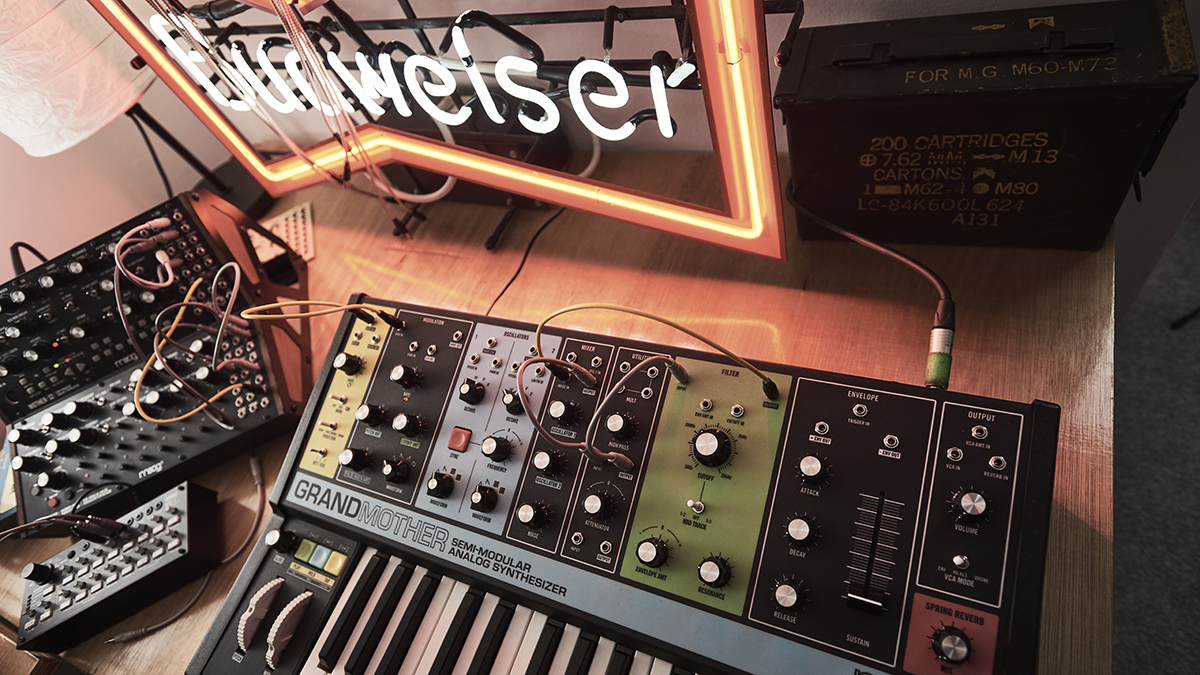
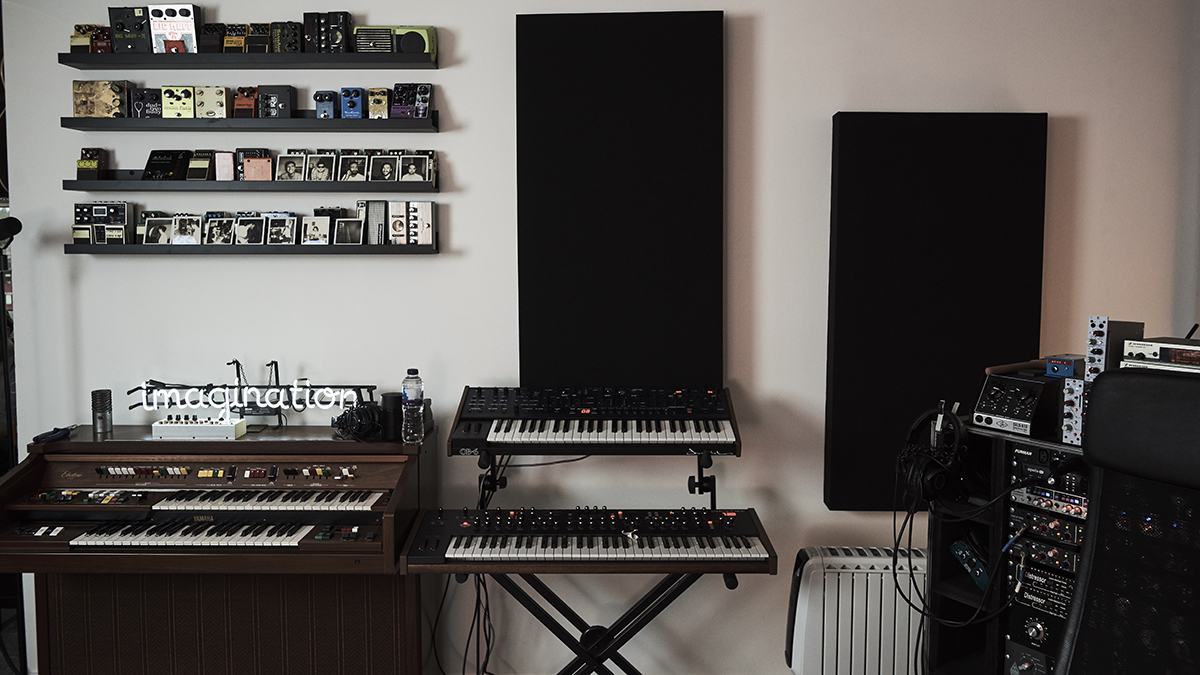
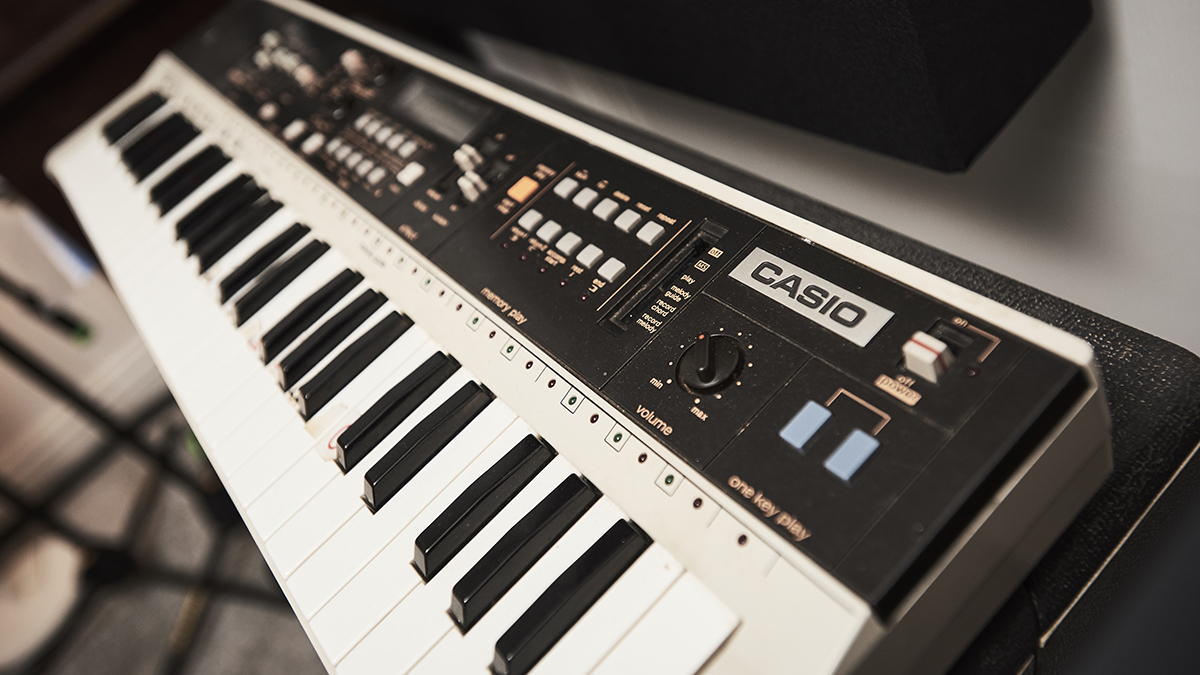
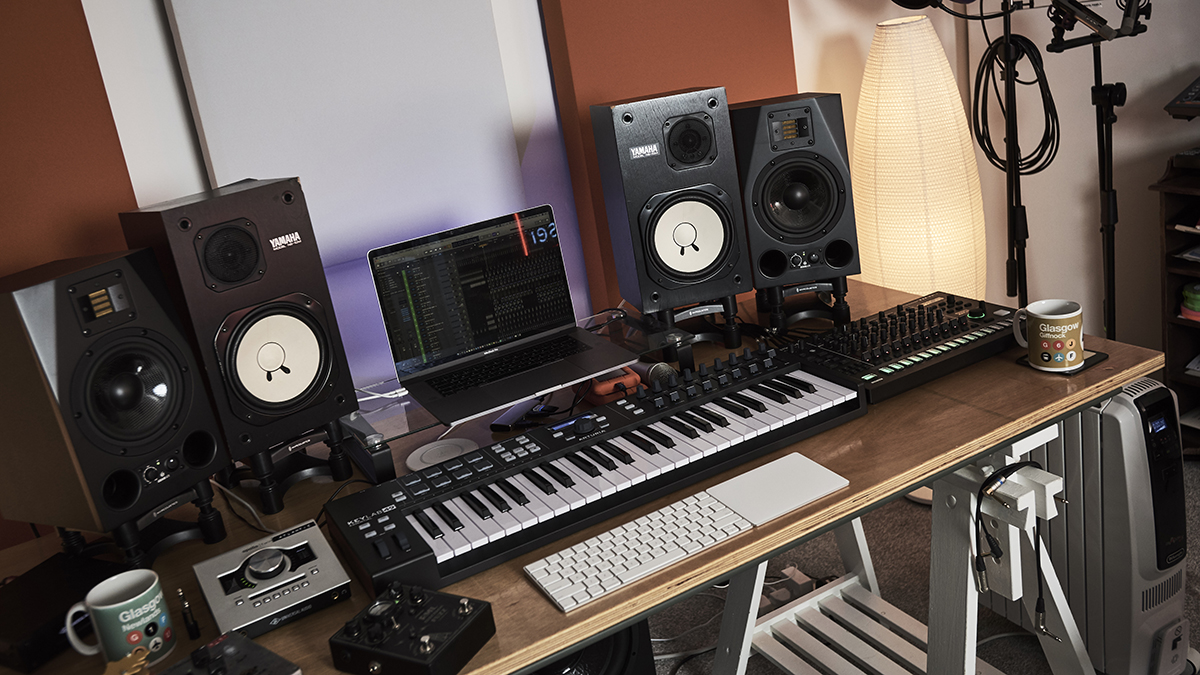
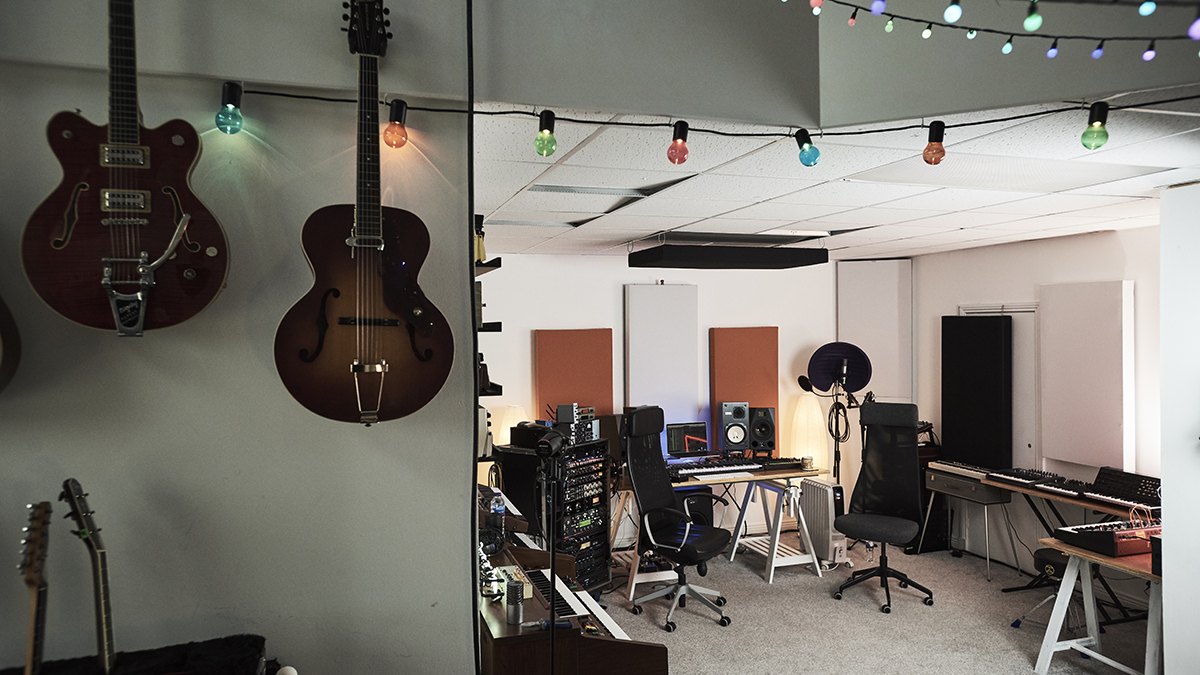
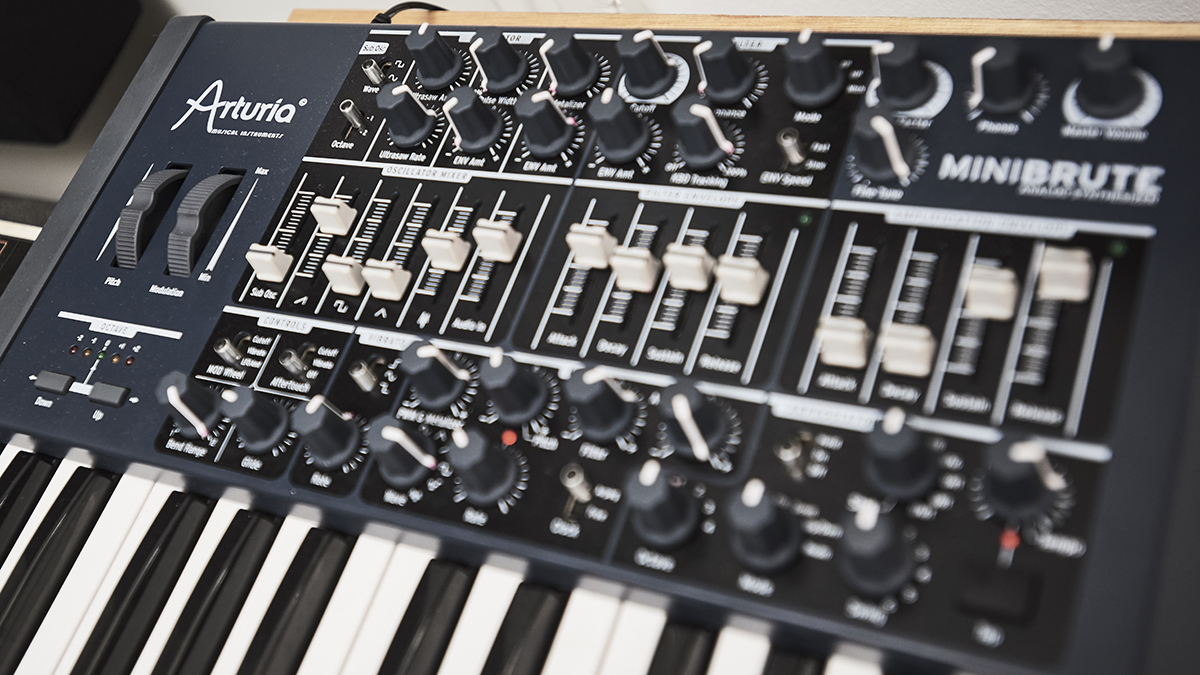
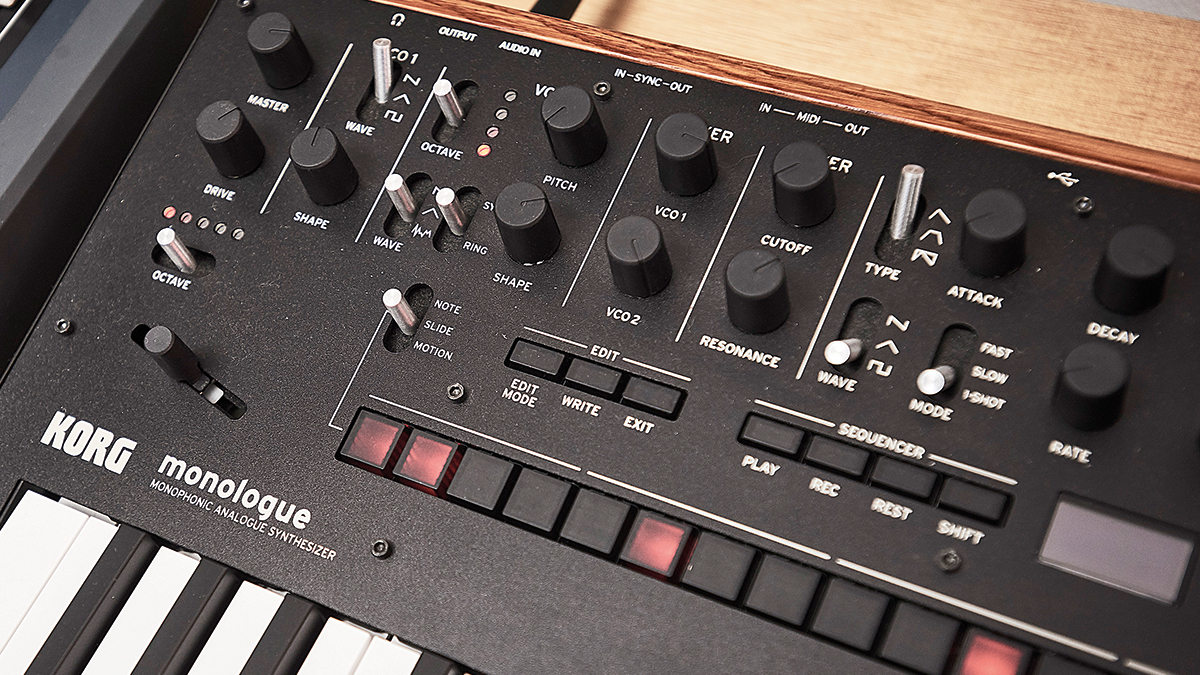
RM: “On a personal level it made me fall back in love with actually listening to music, let alone playing and writing it. I kind of felt like we had stagnated for a few years, and our music was starting to reflect that.”
SM: “His advice after working on those few songs was ‘capture as you write’, even if it’s just the guitars at first. I sometimes get a whole song arriving in my imagination in an instant, including the words and everything. I’d never be able to vocalise that. I’d try to vocalise one bit of it, but then someone else’s imagination then sparks and your idea is never fully realised.”
RM: “I used to have to essentially be the interpreter to get the idea from Sam to the other guys in the band. Now we can get rid of that stage and just go straight to the idea.”
Hardware
Apple MacBook Pro
Yamaha NS10s
Adam A7Xs
Universal Audio Apollo Twin
Moog DFAM
Software
Apple Logic Pro
Avid Pro Tools
Ableton Live
Soundtoys plugins
UAD plugins
On the recorded version of Barcelona you’ve got a distorted harmonium. How do you recreate stuff like that in a live context?
RM: “So far we’re relying on using a lot of soft synths, mostly the Arturia V Collection. We try and get things in the ballpark, but if the performance is exactly the same as the record, what’s the point? So as much as we’re trying to recreate things, we’re also going to give ourselves a bit of artistic licence to embellish that sound, and give it new life in a live context.”
It seems like the synth rather than guitar parts were the genesis of this song. Is that common with your new way of working?
SM: “Very. It was really difficult for me personally because I’ve always written a song on my own with a guitar. That gave me a direct emotional connection to the song and its meaning. I mean, you’re holding a physical object that literally has vibrations coming off it, you resonate with it!”
“For this album, though, I didn’t write anything that wasn’t with Ross in the studio. The synth was just easier to turn on and play, though we’re not shy in admitting for a lot of it we were fumbling our way through menus and working out what was going on. We’d be trying to make one sound but stumble across something else... that was how we felt about making guitar music and originally trying a pedal for the first time. You turn on the delay and it’s mindblowing, and a whole song flashes before your eyes! That was the most organic way to find new ideas, as we were just reacting to shit that excited us.”
Barcelona features on the Power album, released on Universal and Future Music issue 353 is on sale now.



I take care of the reviews on MusicRadar and Future Music magazine, though can sometimes be spotted in front of a camera talking little sense in the presence of real musicians. For the past 30 years, I have been unable to decide on which instrument to master, so haven't bothered. Currently, a lover of all things high-gain in the guitar stakes and never one to resist churning out sub-standard funky breaks, the likes of which you'll never hear.